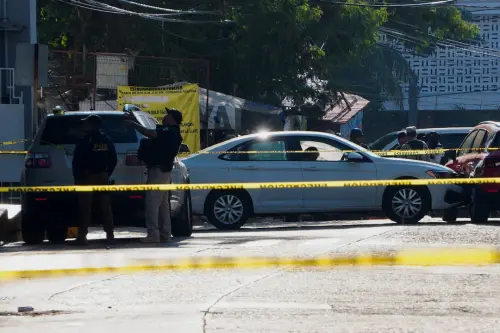Clerical workers in an Acapulco courthouse heard gunfire at the end of their workday when gunmen attacked Magistrate , a former president of the highest court in Guerrero state, instantly killing him as he tried to leave the parking lot.
The killing on December 11 occurred ahead of upcoming elections where numerous candidates will compete for federal judge and magistrate roles, reflecting a significant shift in Mexico's judicial system after years of widespread lawlessness.
Concerns have emerged about the vulnerability of the candidates due to increased public exposure. Ynocente Orduno, former president of Guerrero's judges' association, expressed this worry, noting, "Undoubtedly all of us are at risk of suffering an attack."
The motive behind Roman's assassination remains undisclosed, although speculation among members of the legal community in Acapulco suggests he was targeted for his work.
While authorities have made several arrests, including an individual suspected of ties to organized crime, the motive remains unclear. The upcoming June 1 elections are part of a reform aimed at revamping the country's judicial system, with thousands of candidates competing for various positions.
The recent killings and threats against judicial professionals have raised concerns about the safety of the upcoming elections amid Mexico's mounting security challenges. Expert opinions underscore the difficulties in ensuring the security of all candidates given budget constraints and the country's strained security forces.
Despite efforts by the government and relevant institutions to address security concerns, Mexico continues to grapple with violence and threats to candidates, necessitating a coordinated and robust security approach to safeguard the electoral process.
In Guerrero, a region known for its dangers, the assassination of judicial professionals like Roman underscores the risks faced by those in public service roles. The need for enhanced security measures to protect candidates and uphold the integrity of the electoral process remains a pressing issue in Mexico.
